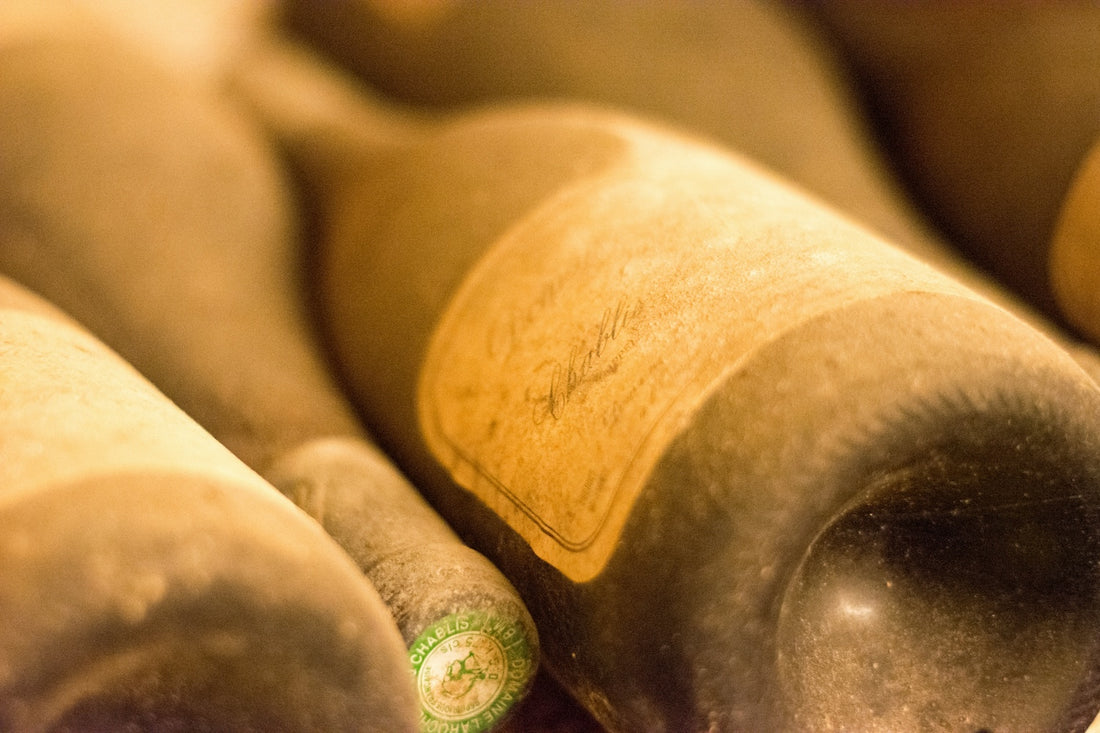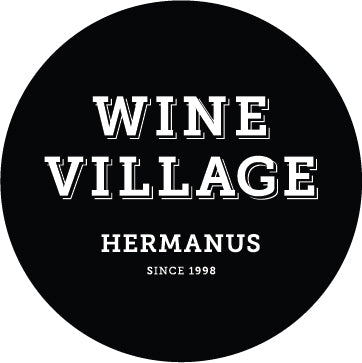
How do modern SA wines age?
Share
An interesting question was raised in a wine discussion recently: how age-worthy are the modern South African wines? When it comes to our red wines from the 1970s and 80s there is no doubt that many of them have aged splendidly. Some white vintages from the 1990s are also legendary for their durability.
But as times have changed, so has the winemaking approach, and many of these changes do not benefit the age-worthiness of the wines. These changes include less use of oak for maturation (the oak adds tannins, which preserve), the addition of less or even no sulphur (another preservative), and wines made in a lighter style with less alcohol (wine’s signature preservative).
To which we must also add the question: does the contemporary wine lover care if the wine will not age for decades? I think the answer to this is yes, if it is a more expensive, prestigious wine, there is still the desire for the wine to age well. Part of its appeal is the fact that it will improve over time. And this is also one of wine’s beautiful points of difference to other agricultural products – that it gets better with age when so few things in life do.
So how long should we be keeping our wine? It’s a question we often need to answer in the shop. There are exceptions to all the following, but here are some guidelines.
For light whites, not long. Drink in the same year. For wooded white wines (chardonnay and chenin blanc), three to five years. For light reds, also three to five years. For medium reds, up to 10 years; and for big and bold reds, up to 15 years is safe.
Here are some of the exceptions: anything that is fortified (muscadel, hanepoot, port-style wines) can last for decades; while rosé probably has the shortest lifespan of any wine and should be consumed well before its vintage year is up.
Another common query we get is about older wines that people have in their possession, and their relative value. South Africa is slowly growing a secondary market for vintage wines (wines that go back onto the open market), but this is very much limited to the famous brands or wines made by the big-name winemakers. For them to have any value it is also paramount that the wines have been perfectly stored – and no, underneath the staircase for two decades is not ideal... So, if you have a collection of wines from your late relative, you are likely better off enjoying the wines than trying to make some money from them.
Finally, it is also worth mentioning that the flavours and textures of the wine change dramatically over a longer timeframe. Freshness and fruitiness are traded for soft textures and rich flavours that only come out with development. If you are not used to these flavours, because you generally don’t drink older wine, you may not like them that much. Like so much in life, it’s all about timing!
Below you will see some of my personal favourites for the cellar. Or email us for more suggestions!
